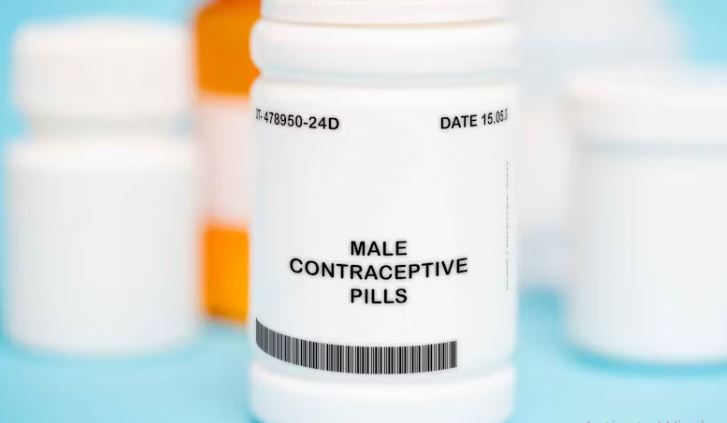Hormone-Free Contraceptive for men has sparked global attention in a groundbreaking development, after scientists in the United States started human trials for the pill known as YCT-529.
This innovation marks a significant shift in the field of reproductive health, especially as male birth control options have long been limited to condoms or vasectomy.
How the pill works
Unlike conventional female birth control pills that rely on hormones, YCT-529 works by blocking access to vitamin A in the testes, a nutrient essential for sperm production.
Importantly, this process does not affect testosterone levels. As a result, men can retain their libido and hormonal balance while using the pill.
High effectiveness in animal trials
Prior to human testing, the pill was subjected to rigorous lab trials on mice. According to research findings, YCT-529 successfully prevented 99% of pregnancies, positioning it on par with female contraceptive options in terms of effectiveness.
This impressive success rate has now paved the way for further clinical trials on men.
A new era in shared contraceptive responsibility
If approved, YCT-529 could revolutionize how society views contraceptive responsibility.
For decades, birth control has largely been considered a woman’s burden. However, a safe and reversible male option could foster more equal participation in family planning.
No impact on male hormones or sexual health
One of the biggest concerns around male birth control has been the fear of reduced libido or hormonal disruption. However, researchers behind YCT-529 have emphasized that this pill does not interfere with testosterone levels, making it a promising alternative with fewer side effects than hormone-based solutions.
Public reaction and anticipation
The news has already generated massive buzz online, with many praising the development as long overdue.
Advocates of gender equality in healthcare view this as a step in the right direction for balanced reproductive responsibility.
As clinical trials proceed, scientists and healthcare professionals remain hopeful that YCT-529 will meet all safety and efficacy standards—potentially reshaping the future of contraception.
Written by Felicia Indakwa









